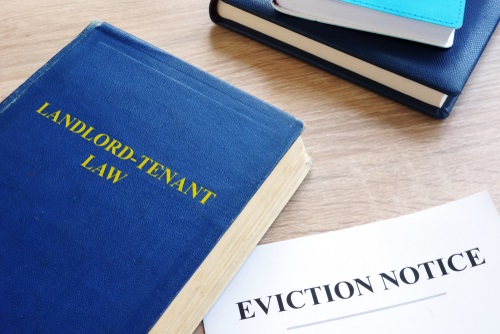Residential landlords – tenant evictions banned until at least next January
Residential evictions have been banned by the government, with no bailiff enforcement action allowed, until after Christmas.
The legislation, designed to protect renters struggling with the financial effects of the second national lockdown, came in to force on 17 November.
Why has this happened?
Although eviction hearings resumed in September following the six-month moratorium on housing possession proceedings, the government subsequently asked bailiffs not to enter residential properties while tighter Covid-19 measures were in place.
Two landlords challenged the legality of this request and the government introduced secondary legislation banning evictions in response.
Housing secretary, Robert Jenrick, said: "We have already taken unprecedented action to support renters during the pandemic including introducing a six-month notice period and financial support to help those struggling to pay their rent.
"We are now going further by protecting renters from eviction during the new national restrictions and throughout the Christmas period - with a pause on bailiff activity other than in the most serious circumstances, such as anti-social behaviour or fraud."
What does this mean for landlords?
Under the new legislation, no eviction notices can be served until 11 January.
As the notice period is 14 days, this means that the earliest possible date evictions can start again is 25 January 2020.
Are there any exceptions to this evictions ban?
Yes, although six-month notice periods will now stay in place until at least March 2021, the evictions ban does not apply to the worst cases of problematic tenant including:
- Anti-social behaviour;
- Domestic abuse;
- Extreme rent arrears (equivalent to nine months rent, discounting arrears accrued since 23 March when the first national lockdown began);
- Fraud
Click here to see what we wrote on this subject recently.
Get in touch
For next steps advice, or to talk about our specialist debt recovery scheme, please contact James Murray, James Taylor or Richard Darbinian, all members of Wards Solicitors' highly acclaimed Business Disputes Team.
James Murray: James.Murray@wards.uk.com
James Taylor: James.Taylor@wards.uk.com
Richard Darbinian: Richard.Darbinian@wards.uk.com


